Media Appearances
Full of Beans Podcast
The Neurobiology of Body Dysmorphic Disorder
In this weeks episode, Han is joined by Dr Jamie Feusner to discuss:
What is BDD?
How Jamie got interested and started researching BDD.
The link between OCD, AN and BDD.
The brain region activation difference between someone with BDD and healthy controls.
And much more.
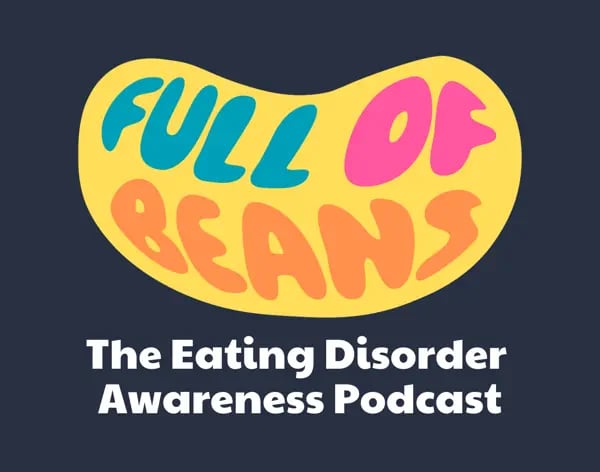

Toronto Star
Applying VR to briefly ease, and better understand, a dangerous mental disorder
Neuroscientists believe that BID is caused by alterations in the brain regions that maintain our internal sense of the body. Dr. Jamie Feusner, clinician scientist and head of the Brain, Body, Perception Lab at the University of Toronto, describes this internal sense as the “body matrix.” The body matrix not only tracks things such as body size, but also body position and body memories.
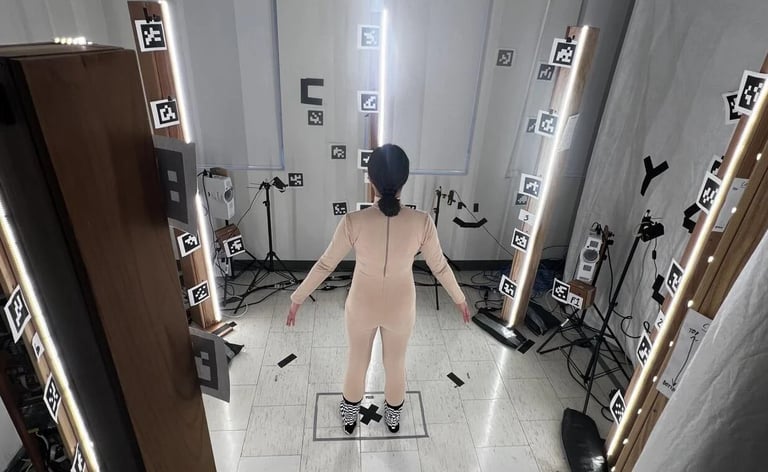

ABC News
Bigorexia: When the Obsessive Desire for Muscles Is a Dangerous Medical Condition for Some Men
Dr. Jamie Feusner, an associate professor in the UCLA Department of Psychiatry and Biobehavioral Sciences, says the portrayal of the ideal male body size and musculature in movies, television and magazines seems to have become “more and more inflated” over the years.
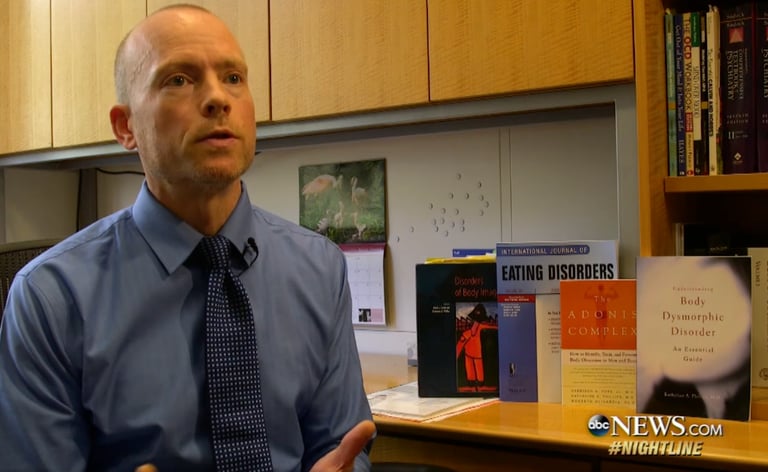

The New York Times
When Your Looks Take Over Your Life
A pioneering researcher, Dr. Jamie D. Feusner, and his colleagues at the David Geffen School of Medicine at the University of California, Los ... Read full article.


The Wall Street Journal
Help for Patients Obsessed With Their Imperfect Bodies
Obsessing about body flaws isn’t uncommon. Kim Kardashian talked about her concerns. Here’s how some doctors treat body dysmorphic disorder.


NBC News
Brain glitch behind distortion of self-image
People with a disorder in which they are convinced they are ugly have a brain glitch when processing things they see, researchers said on Monday.


CNN
Body dysmorphic disorder patients see details, not whole face
1 to 2 percent of the population is thought to have it. But most people who have the disorder don't get a diagnosis; they just think they are ugly, said Dr. Jamie Feusner psychiatrist at the University of California, Los Angeles.


Nature
Mental health: Monsters in the mirror
To explain the biological basis of BDD and responses to therapy, many scientists have turned to neuroimaging. Psychiatrist Jamie Feusner at the University of California, Los Angeles, and his colleagues have shown that connectivity patterns between brain regions in people with BDD are different from those of individuals without body-image problems5 — and that brain activity is particularly abnormal in areas that are responsible for processing visual stimuli6 (see 'Brain imaging')... Read full article.


Science Daily
People with body-image disorders process 'big picture' visual information abnormally
First author Dr. Jamie Feusner, a UCLA assistant professor of psychiatry, and colleagues found that patients with the disorder have less brain activity when processing holistic visual elements that provide the "big picture," regardless of whether that picture is a face or an object... Read full article.


The New Zealand Herald
Brain defect blamed for perception of ugliness
"This is the first time where there's evidence that there is kind of a biological abnormality that may be contributing to the symptoms - the distorted body image - in body dysmorphic disorder," Dr Feusner said.


Best Health Mag
Here’s Why It’s Time to Finally Part Ways with Your Scale
This long-standing bathroom staple is more hurtful than helpful. Read full article.


Houston Chronicle
How to Talk to Teens About Social Media and Body Image
“People start to develop unrealistic expectations about appearance after seeing too many photos on TikTok and Instagram, especially if a lot of filters are being used to smooth skin,” said Dr. Jamie D. Feusner, a psychiatrist at the University of Toronto. “It can lead to a lot of stress, anxiety and shame.”
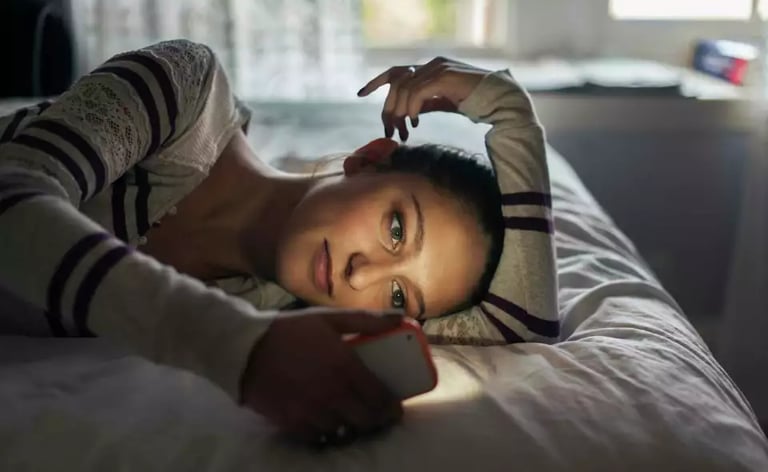

Chatelaine Magazine
Everything You Need To Know About Body Dysmorphic Disorder
"One in 40 people have body dysmorphic disorder, says Jamie Feusner, a psychiatry professor at the University of Toronto’s Temerty Faculty of Medicine who specializes in BDD. Even still, the condition is understudied and easy to miss. “Many people with BDD don't believe or know that they have it, because they think that they have a physical problem,” he says."
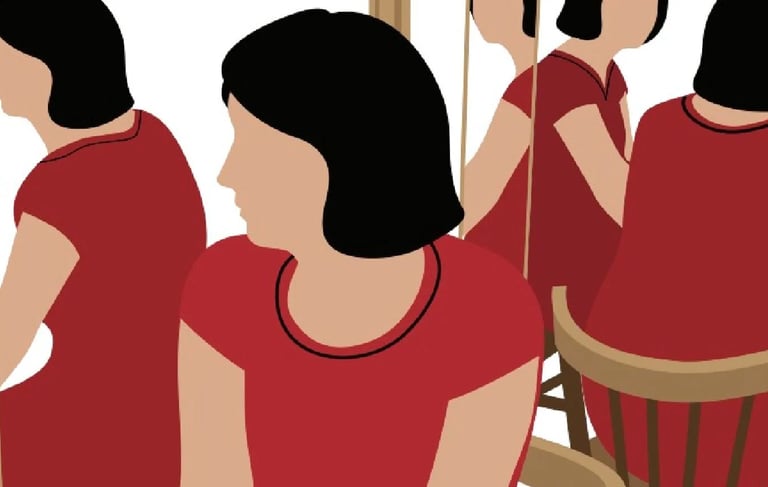

Psychology Today
CBT Increases Cerebellum Connectivity to Other Brain Regions
In a statement, Jamie Feusner, director of the Adult Obsessive-Compulsive Disorder Program at the Semel Institute for Neuroscience and Human Behavior at UCLA and the study’s senior author concluded, “The changes appeared to compensate for, rather than correct, underlying brain dysfunction. The findings open the door for future research, new treatment targets and new approaches.”


Psychology Today
Mind Your Body: Body Blindness
How to get past a distorted self-image.
Until recently, blindness to one's true facial or body configuration was thought to be psychological. But UCLA psychiatrist Jamie D. Feusner has recently found that the tell-tale fixation on details might stem from a problem with big-picture perception.
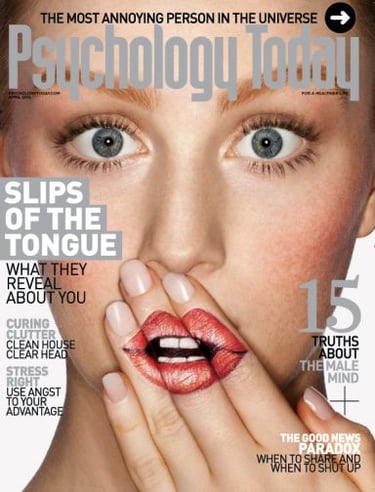

Psychology Today
Hoarding as a Reaction to Trauma
Jamie Feusner at UCLA’s School of Medicine has stated that most hoarders are single, either because their behaviour has driven away those around them or has prevented them from forming meaningful relationships.


UofTMed Magazine
What if brain stimulation can change the way you see yourself?
They describe themselves as ugly, deformed, even monstrous. On average, they spend anywhere from three to eight hours a day on mirror checks and grooming. (Let that sink in.) Some cannot leave the house. They miss school. They lose jobs. Many are suicidal. And yet, as Professor Jamie Feusner explains, “These are people who look like everyone else.”
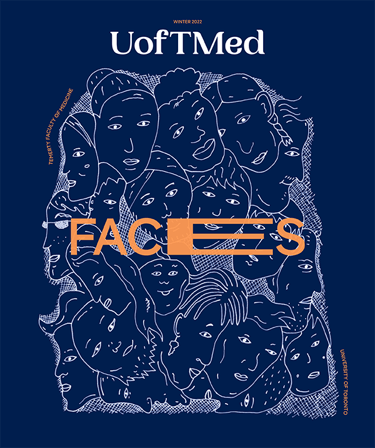

Playing With Marbles Podcast
What if brain stimulation can change the way you see yourself?
Join host Katie Jensen and travel deep inside six unique brains. In this season of Playing with Marbles, you will learn first-hand about what it is like to be a young person living with anxiety, depression, borderline personality disorder, ADHD, OCD, dissociative identity disorder, and an eating disorder.


Cigna Healthcare Newsroom
An Overview of OCD: Causes, Signs, Symptoms and Treatment
"OCD can manifest in more than 300 ways, but some common themes center on fears of harm to self or loved ones, blasphemous religious or sexual thoughts, contamination fears including contracting illness and being exposed to germs, and the need for things to be just right or symmetrical, said Dr. Jamie Feusner, chief medical officer at NOCD, an organization that provides evidence-based treatments for people with OCD and helps restore hope through education and awareness."


CBC Radio
Dans la tête d’une personne transgenre
« Ils sentent que leurs caractéristiques physiques ainsi que les rôles associés à leur genre sont incongrus par rapport à leur perception d’eux-mêmes », explique le psychiatre de l’Université de Californie à Los Angeles Jamie Feusner, un expert de la perception corporelle.


Scientific American
Imagined Ugliness
Some people are convinced that they are hideously deformed because of an obscure or nonexistent physical "flaw"


How Stuff Works
How Body Dysmorphic Disorder Works
In the arena of biological causes, researchers have begun looking for differences between the brains of healthy people and people with BDD. One study conducted by researchers at the University of California, Los Angeles shows that people with BDD may process visual information differently than people without the disorder.


Newsweek
Inside Body-Image Disorders
"This is the first demonstration of a potential biological contributor to BDD," says the study's lead author, James Feusner, medical director of UCLA's Obsessive Compulsive Disorder treatment program. "It tells us that there is an abnormality in how their brains interpret what they see."


Forbes
The Coming Computational Approach To Psychiatry
Risk Group discusses Machine Learning for Mental Health with Dr. Jamie Feusner M.D., Lead Author of the Publication Machine Learning on Neuroimaging Data (MRIs) to diagnose Mental Health Disorders (Anorexia Nervosa and Body Dysmorphic Disorder), Professor of Psychiatry and Biobehavioral Sciences from Brain Research Institute at UCLA based in the USA.


Psychiatric News
Do Abnormal Visual Processes Underlie Body Dysmorphic Disorder?
But if BDD can be blamed, at least in part, on visual abnormalities, why is this so? It may be because of abnormal visual processes in the brain, a study published in the December 2007 Archives of General Psychiatry suggests. It was headed by Jamie Feusner, M.D., an assistant professor of psychiatry at the University of California at Los Angeles Department of Psychiatry and Behavioral Sciences.

Airtalk on KPCC, Southern California Public Radio
New Discovery in Body Dysmorphic Disorder Treatment
Patients suffering from Body Dysmorphic Disorder perceive themselves as ugly and deformed. A new imaging study by UCLA psychiatrist Dr. Jamie Feusner, shows that the brains of people with BDD abnormally process visual details, which causes them to see differently. Larry talks with Dr. Feusner and patient Aron Cowen about the study's findings which are the first to demonstrate a biological reason for patients' distorted self-image.


